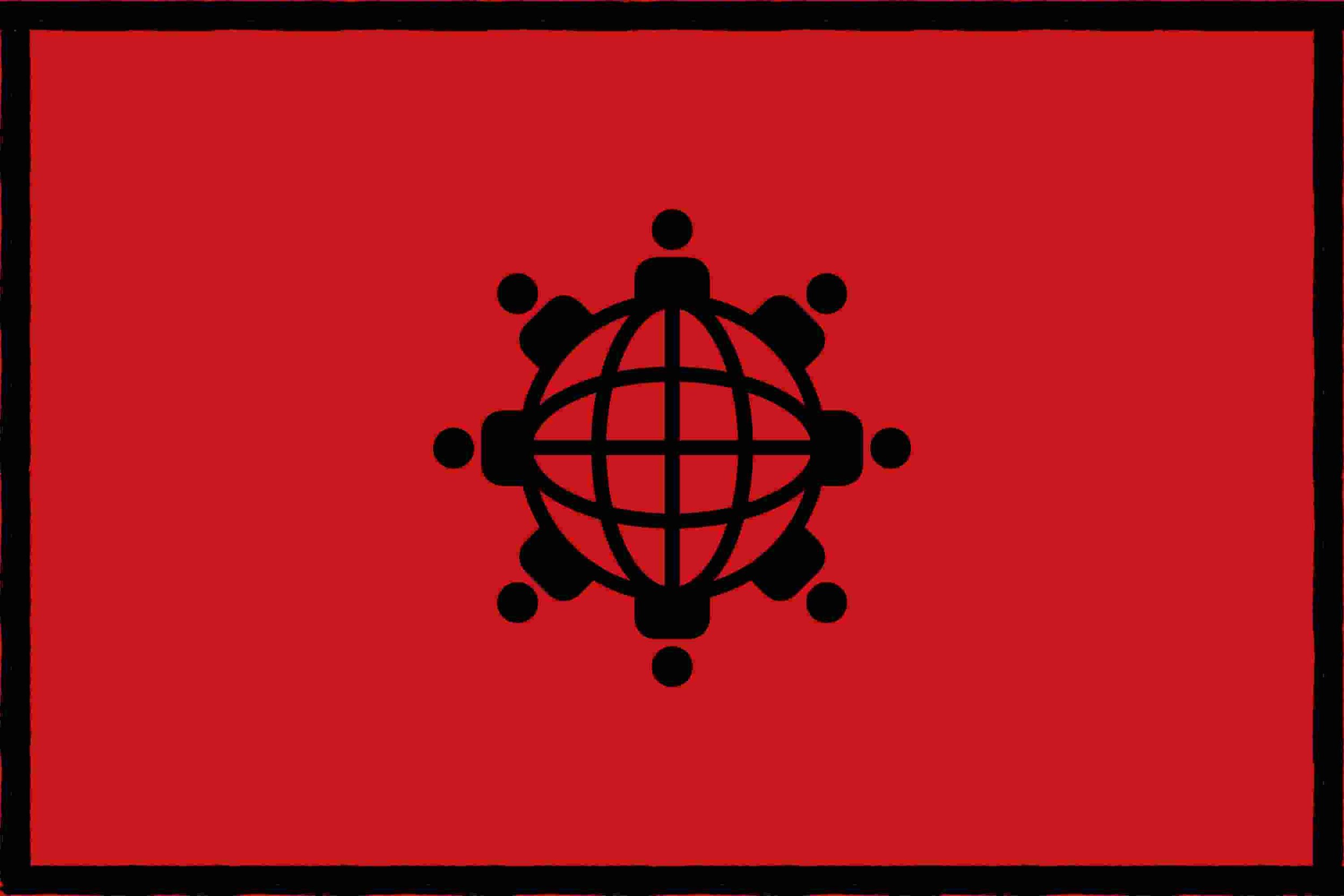Capturing Leverage: Economies of Scale And Network Effects
Wealth creation is about capturing leverage. These are tools like code, media, capital, and labor that magnify the impact of your decisions.
Naval Ravikant insists that if you are picking a business model, pick one with as much free leverage as possible. And two ways to capture leverage are through economies of scale and network effects.
These are helpful concepts whether you’re building your own business or investing in private or public companies.
Economies of Scale Mean Cheaper Production With Increasing Output.
When you choose a business model with an economy of scale, it means that your costs go down the more products you make.
Here’s Naval Ravikant explaining it:
“The more you produce of something the cheaper it gets to make it… You should try and get into a business where making Widget Number 12 is cheaper than making Widget Number 5, and making Widget Number 10,000 is a lot cheaper than the previous ones. This builds up an automatic barrier to entry against competition and getting commoditized.”
The reason the product gets cheaper to make the more you make of it is because the costs are spread out over a larger number of goods. That’s why the same product probably costs more when you buy it from a small business than a larger one.
Apple products are a good example. Why hasn’t a small retailer or inventor come out with an iPhone competitor? It may be because it’s just too expensive to do. Apple has found an economy of scale as the cost to make new iPhones continually goes down as they find more and more efficiencies in production.
Zero Marginal Cost of Reproduction Means Duplication Is Free.
When a product has zero marginal costs of reproduction, it costs you nothing to duplicate it. There’s no cost to scale it out to whoever wants it.
These products are usually pieces of code or media. This website (code) is a good example. I can write an article, set it live, and it’s immediately available to every person with an internet connection.
The same goes for media like photos and videos. If you create a video for YouTube, whether you get five views or 5,000,000 views, you’ve done the same amount of work. In other words, your work is scalable.
Scalable Professions Disconnect Inputs From Outputs.
Professions that function like this (media, software, etc) are known as scalable professions. Nassim Nicholas Taleb in his book, The Black Swan: The Impact of the Highly Improbable (Incerto), talks about a scalable profession in this way:
“Other professions allow you to add zeroes to your output (and your income), if you do well, at little or no extra effort… If you are an idea person, you do not have to work hard, only think intensely. You do the same work whether you produce a hundred units or a thousand.”
Taleb is talking about an industry with a zero marginal cost of reproduction. Investing is one such industry. If you research a company and then choose to invest, you can buy one share, or one million shares without any extra work. Your judgement is scalable.
If you’re starting a YouTube channel, podcast, digital product, or any other scalable endeavor, be very patient. You won’t get paid immediately.
Taleb warns that there are very few big winners in scalable professions. Like most things, it’s subject to the Pareto Principle (aka the 80/20 rule: 20 percent of the creators gets 80 percent of the profits).
Naval also notes that it takes some time to build up revenue because you get very little money per user with scalable products. But if you give it enough time and people want your product, the money will follow.
Network Effects Mean Users Add Value To Each Other.
There’s one thing that Facebook, Twitter, TikTok, and all other social media apps have in common: network effects.
Naval defines a business as having network effects when each new user adds value to the existing users.
You can see the network effect of Facebook clearly. The value of the website to any individual user is determined by the number of other people you know that use the product. As more of your friends and family join the site, the site becomes more valuable to you.
The same can be said for any user-based buy and sell app, like OfferUp. The more people who are buying and selling on the app, the more valuable it is for you to use.
Naval points out that these network effects often lead to a “winner take all” scenario, forming natural monopolies.
If I am looking to sell a piece of furniture privately, why would I go anywhere else than to the network with the largest number of buyers? And once I’m added to the network, I, in turn, create value for every other person who uses that particular app because there’s now one more item they can choose to buy. This is a network effect in action.
Naval points out that these three concepts: Economies of Scale, Zero Marginal Cost of Reproduction, and Network Effects, often work together to form durable businesses.
An application or website that you create once, that is free for you to reproduce and scale, where each additional user adds value to the current network can grow like wildfire and build you wealth… all while you sleep.
Start now.
If You Want More Content Like This, Follow Me On Twitter And Subscribe To My Newsletter:
—
Taleb, Nassim Nicholas. The Black Swan: Second Edition: The Impact of the Highly Improbable (Incerto) . Random House Publishing Group. Kindle Edition.
Naval on business model leverage: https://nav.al/business-models
Naval’s tweets on “How to get rich (without getting lucky)” - https://twitter.com/naval/status/1002103360646823936?s=20



